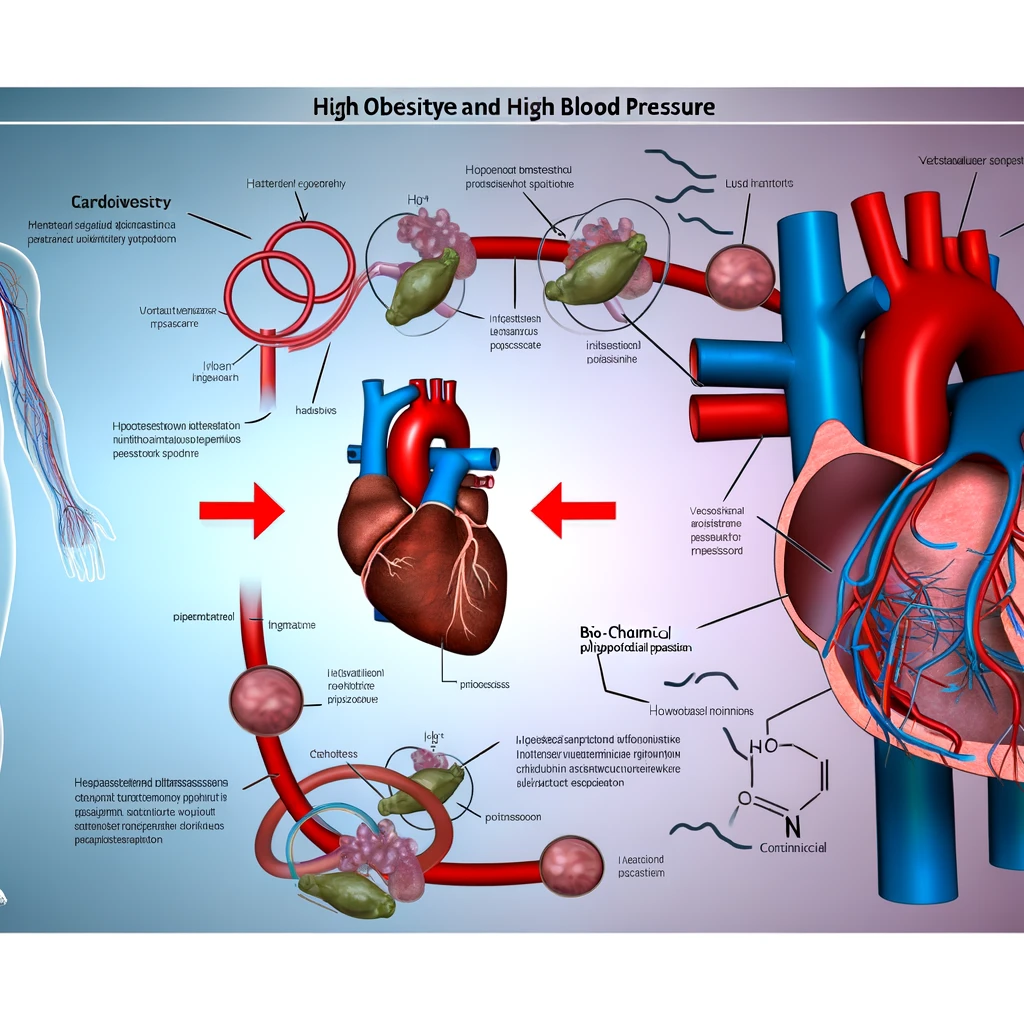Related Articles









Air pollution is a significant environmental risk factor that affects millions of people worldwide. Recent studies have shown that exposure to polluted air can have profound effects on cardiovascular health, particularly influencing heart rate and blood pressure. Understanding these impacts is crucial for developing effective strategies to protect public health and improve air quality.
Air pollution consists of various pollutants, including particulate matter (PM), nitrogen dioxide (NO2), sulfur dioxide (SO2), and ozone (O3). These pollutants originate from various sources such as vehicle emissions, industrial processes, and natural events like wildfires. Particulate matter, especially PM2.5, is of particular concern due to its ability to penetrate deep into the lungs and enter the bloodstream, leading to systemic health effects.
Heart rate variability (HRV) is an essential indicator of autonomic nervous system function and cardiovascular health. Exposure to air pollution has been linked to altered HRV, suggesting increased cardiovascular risk. Short-term exposure to high levels of pollutants can lead to an increased heart rate as the body responds to stress, while long-term exposure may result in reduced heart rate variability, indicating diminished cardiac resilience.
Air pollution's effect on blood pressure is well-documented, with evidence suggesting that both short and long-term exposure can lead to hypertension. Pollutants like PM2.5 and NO2 can induce inflammatory responses in the cardiovascular system, leading to increased arterial stiffness and higher blood pressure levels. Studies have shown that even small increases in air pollution levels can significantly raise the risk of hypertension, contributing to the global burden of cardiovascular diseases.
The mechanisms by which air pollution affects cardiovascular health are complex and multifaceted. Inhaled pollutants can trigger oxidative stress and inflammation, which in turn affect blood vessels, leading to endothelial dysfunction. This dysfunction can result in impaired vasodilation and increased blood pressure. Additionally, pollutants can stimulate the autonomic nervous system, resulting in altered heart rate and blood pressure regulation.
While it is challenging to completely avoid air pollution, several measures can help mitigate its impact on cardiovascular health:
The impact of air pollution on heart rate and blood pressure is a growing concern for public health. Understanding the relationship between air quality and cardiovascular health is essential for developing effective strategies to reduce exposure and protect vulnerable populations. By taking proactive measures and supporting policy changes, individuals and communities can minimize the health risks associated with air pollution.